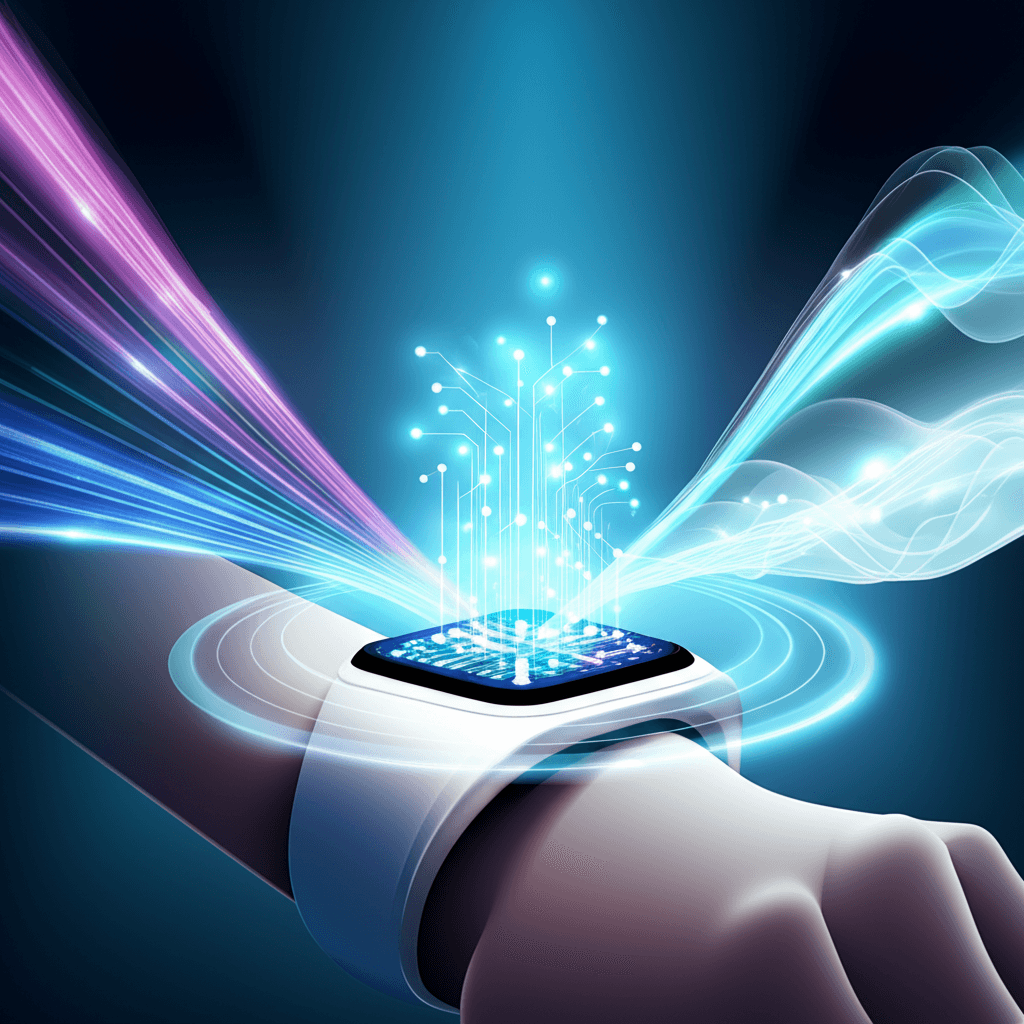Gemini AI Powers Fitbit's New Personalized Health Coach, Redefining Wearables
Beyond tracking: Google's Gemini AI transforms Fitbit into a dynamic, conversational health and wellness advisor.
August 21, 2025

In a significant move to deepen its footprint in the multi-trillion-dollar health and wellness market, Google is integrating its powerful Gemini artificial intelligence model into its Fitbit platform to create a personalized health coach. This new feature, slated for an October preview release for Fitbit Premium subscribers in the United States, aims to transform the wearable from a passive data collector into an active, conversational health and wellness advisor.[1][2][3] The initiative represents a critical step in Google's broader strategy to leverage its vast data processing capabilities and AI prowess to gain a competitive edge in the rapidly evolving personal health technology landscape.[4][5] The AI-powered coach is designed to function as an all-encompassing fitness trainer, sleep consultant, and general wellness guide, moving beyond generic advice to offer users highly tailored, actionable insights based on their unique biometric data and personal goals.[1][6]
The core of this new offering is its deep personalization and adaptability, powered by the Gemini model.[2] The AI coach initiates an interactive dialogue with users to understand their specific fitness goals, exercise preferences, and available equipment.[6][7] Based on this initial conversation, it generates detailed, personalized workout plans with specific metric targets that focus on weekly progression.[1] This plan is not static; it dynamically adjusts based on real-time data collected by the Fitbit device, such as the user's daily readiness score.[1] For instance, if a user has a poor night's sleep, resulting in a low readiness score, the coach will proactively suggest modifications to the weekly plan to prioritize recovery over intense activity.[1][8] This constant feedback loop extends to real-time check-ins, allowing users to inform the coach about unforeseen circumstances, like a tweaked back, and receive immediate suggestions for workout adjustments.[1] The conversational nature of the AI allows users to ask questions and receive guidance as if they were interacting with a human coach.[9]
Beyond physical fitness, the AI coach places a strong emphasis on sleep and holistic well-being.[10][7] It utilizes new, advanced algorithms to provide a more precise understanding of sleep duration and stages, moving beyond simple tracking to active coaching.[1][11] The sleep coach analyzes sleep patterns over the week to identify trends and offer insights for improvement, such as overcoming jet lag or adjusting bedtimes based on recent activity levels.[3][12] The platform's strength is further enhanced by its ability to create a more comprehensive health picture. By connecting with Google's Health Connect and Apple's HealthKit, the coach can incorporate data from a wide array of third-party devices, such as smart scales and glucose monitors.[3][10][12] This integration allows the AI to answer more complex user queries, offering science-backed, personalized responses on topics ranging from the best exercises for weight loss to stress management techniques.[10][12]
This strategic integration of a sophisticated AI coach into the Fitbit ecosystem underscores Google's significant platform advantage. By combining the vast datasets generated by millions of Fitbit and Pixel Watch users with the advanced reasoning capabilities of its proprietary Gemini model, Google is creating a deeply entrenched health and wellness experience that competitors will find difficult to replicate.[4][13] The initiative is part of a complete redesign of the Fitbit app, which has been rebuilt with AI and coaching at its core, featuring a more intuitive layout, improved data visualization, and a persistent "Ask Coach" button.[11][8] This move signals a clear intent to transition wearables from mere activity trackers to indispensable personal health companions.[7] The development of specialized models like the Personal Health Large Language Model (PH-LLM), a version of Gemini fine-tuned for health data, demonstrates Google's long-term commitment to leading in this space, with research showing its performance can rival that of human experts in fitness and sleep medicine exams.[14][15]
In conclusion, the launch of the Gemini-powered health coach is more than just a new feature for Fitbit; it is a clear manifestation of Google's ambition to dominate the intersection of AI and personal health. By providing a service that is deeply personalized, constantly adaptive, and holistically integrated, Google is not only enhancing the value of its wearable devices but also positioning itself as a central player in the future of preventative and personalized healthcare. The success of this preview will be closely watched, as it could set a new standard for the entire wearables industry, pushing competitors to move beyond data presentation and toward genuine, intelligent guidance. While questions around data privacy and the limitations of AI in medical contexts will undoubtedly persist, Google's platform advantage and advanced AI capabilities present a formidable force in the quest to become the definitive health coach on everyone's wrist.[16][17]
Sources
[1]
[4]
[5]
[7]
[10]
[11]
[13]
[14]
[16]
[17]